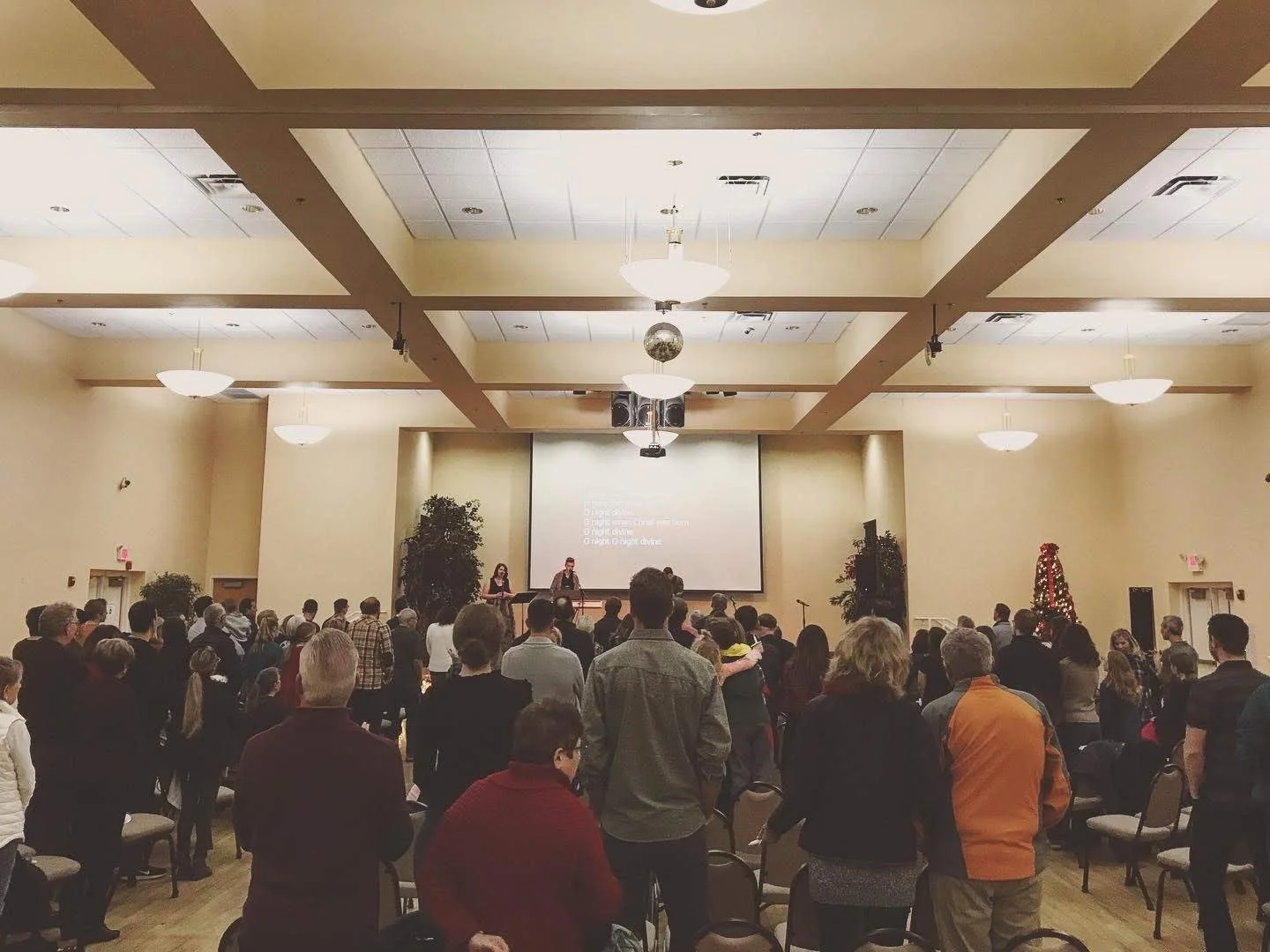During Sunday’s sermon from Paul’s letter to Titus, I gave a brief excursus on why our church calls what we do on Sundays “gatherings” as opposed to “services.” I’ll admit some of my sentiment comes as a reactionary pendulum swing from the church culture I was raised in. At the same time there are some key convictions against what has developed in American life that I hope to further explain here.
Words matter because they shape our understanding and engagement. In our context today, when many think of Sunday church services/gatherings/meetings, or whatever you prefer to call it, our thinking and approach can often be shaped by a consumer mindset.
What’s the style of worship or preaching?
What’s the vibe of the building, people and approach to everything?
What’s the quality of offerings like kids ministry, coffee, and everything that we experience?
The church is the conduit through which we consume a religious or personal experience.
All the above deeply matters, but at Union Church, we don’t see Sunday mornings as a conveyor belt for religious goods, services and self help. We see it as a gathering of the family of forgiven sinners learning the grace of Christ together. I believe the word “gathering” better communicates that reality over “service.”
Eugene Peterson has been influential for me when it comes to church life and pastoral ministry. He says:
“The vocation of pastor(s) has been replaced by the strategies of religious entrepreneurs with business plans…My job is not to solve people's problems or make them happy, but to help them see the grace operating in their lives…Congregations are composed of people, who, upon entering a church, leave behind what people on the street name or call them. A church can never be reduced to a place where goods and services are exchanged. It must never be a place where a person is labeled. It can never be a place where gossip is perpetuated. Before anything else, it is a place where a person is named and greeted, whether implicitly or explicitly, in Jesus’s name. A place where dignity is conferred.”
When we gather we attempt to be intentional in what we do and why we do it.
Our liturgy follows a similar order week to week.
We begin with reading God’s word together in our call to worship. Starting this way is meant to collectively reorient our focus and attention toward the truth of who God is, what He’s done, and what the appropriate response is. Worship.
We then sing some songs. This can be one of the more hotly contested and opinionated aspects of church life. We all have personal preferences that play into this. At Union Church, we see our singing and worship ministry as discipleship through song. We attempt to be consistent in choosing songs that are theologically sound (based on truth), relationally vibrant (speak of our real, living Union with Christ and one another,) and are centered on Jesus (it really is all about Him.)
Even though I’m not a fan of “announcements” - They play a role to update those assembled about how to connect, what’s going on in the life of the church, talk about finances and so on. It can be rote (forgive me) - but is necessary for the family to have communication and understanding around what’s happening. Thanks for bearing with them.
Someone from the church then reads from God’s word. We prioritize having a family member read scripture before every sermon. We desire our sermons to be doctrinally sound, rooted in truth and helpful for life, but the most important thing is the word of God, read to the people of God, read without commentary or interruption.
Once the sermon is finished, we then respond through giving, prayer, and communion.
Giving together is an act of worship and sacrifice. “Where your treasure is, there your heart will be also.”
We have a time and people available to pray with and for one another in an effort to “bear one another’s burdens and so fulfill the law of Christ.” This also gives an opportunity for us to respond to the good news of Jesus with greater surrender and dependency.
We take communion, because the eucharist meal has always been a central rhythm, reminder, and sacrament for followers of Jesus. “As often as you eat the bread and drink of the cup, do so in remembrance of me.” (Jesus said)
After singing again, we close in a corporate prayer together. We always craft this prayer to be Trinitarian, to encourage thanks, confession, and vocalize our need for God’s help as we are sent into the world.
I hope you see that our gatherings aren’t built on a pastor, personality, or personal experience but look to encourage community participation, formation, discipleship, and right response as we then scatter out into the world.

